NBP periodically publishes short articles on nuclear energy matters which either have a geographic or topical focus. Feel free to browse through all our articles and if you would like to read on something specific, please use the search function. For example, you can search for articles relating to Africa or India or financing or SMR etc. You can also use the filter function to see articles pertaining to Asia, Africa, India or Türkiye.
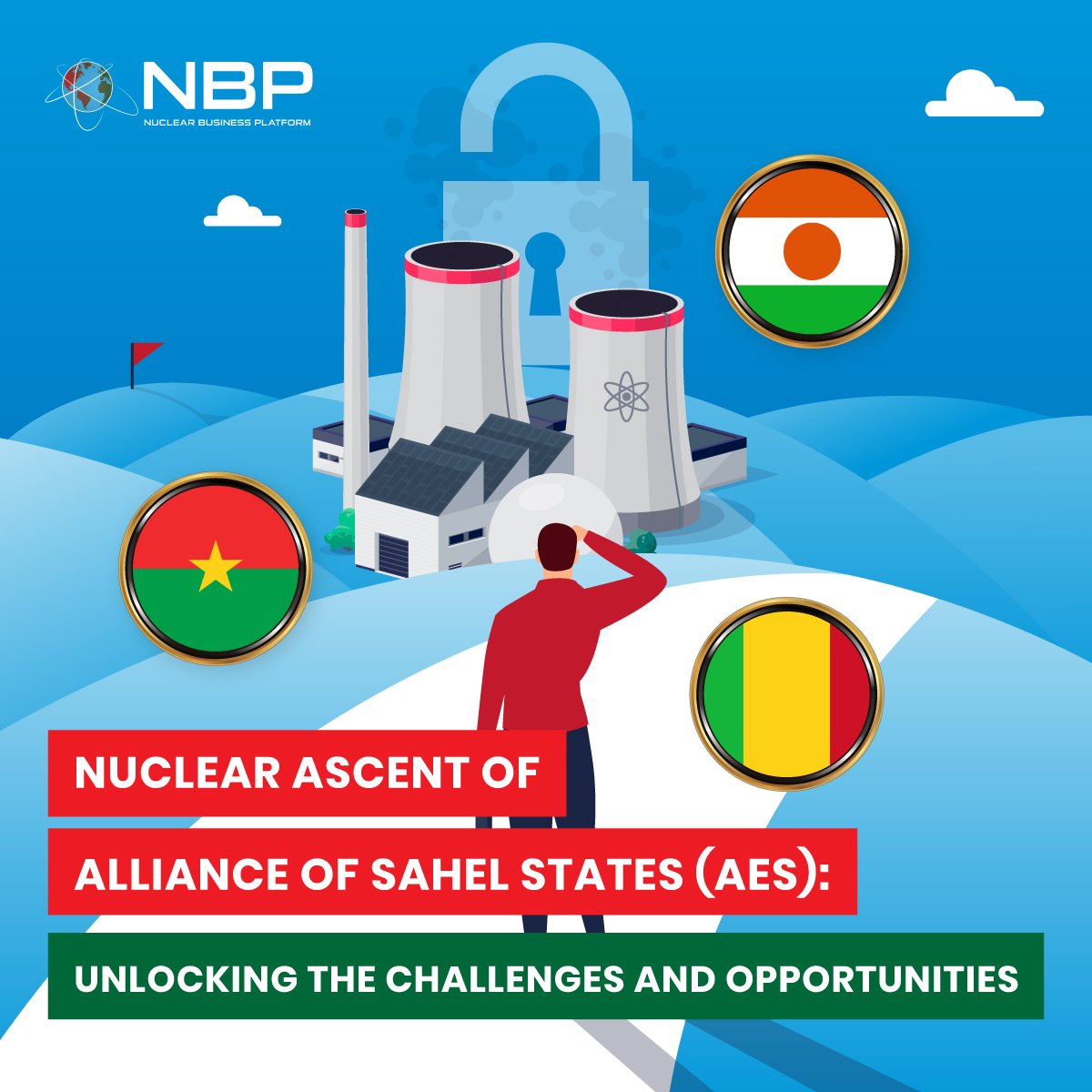
Nuclear Ascent of Alliance of Sahel States (AES): Unlocking the Challenges and Opportunities
The Sahel region, a region that has often been overlooked by the international community, suffers from a significant energy deficit. Efforts to address the energy deficit in the Sahel have been underway, with initiatives focusing on carbon free energy sources such as solar, wind power, and recently nuclear power.
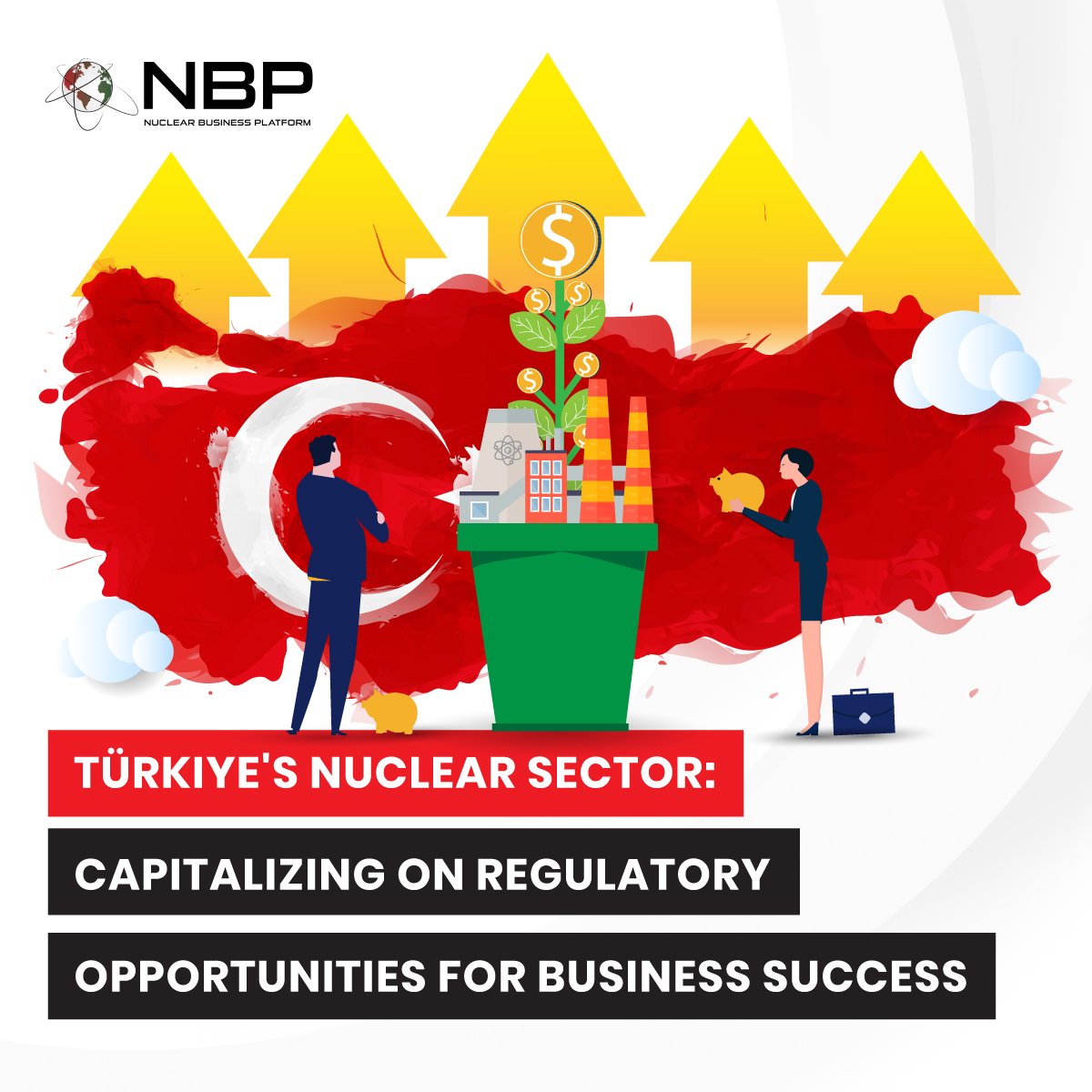
Türkiye's Nuclear Sector: Capitalizing on Regulatory Opportunities for Business Success
As Türkiye charts its transformative course in nuclear development, including the Akkuyu Nuclear Power Plant (NPP) and two proposed NPPs, with a target of reaching 10,000 MW nuclear capacity by 2050, the need for comprehensive regulatory bodies becomes even more crucial.
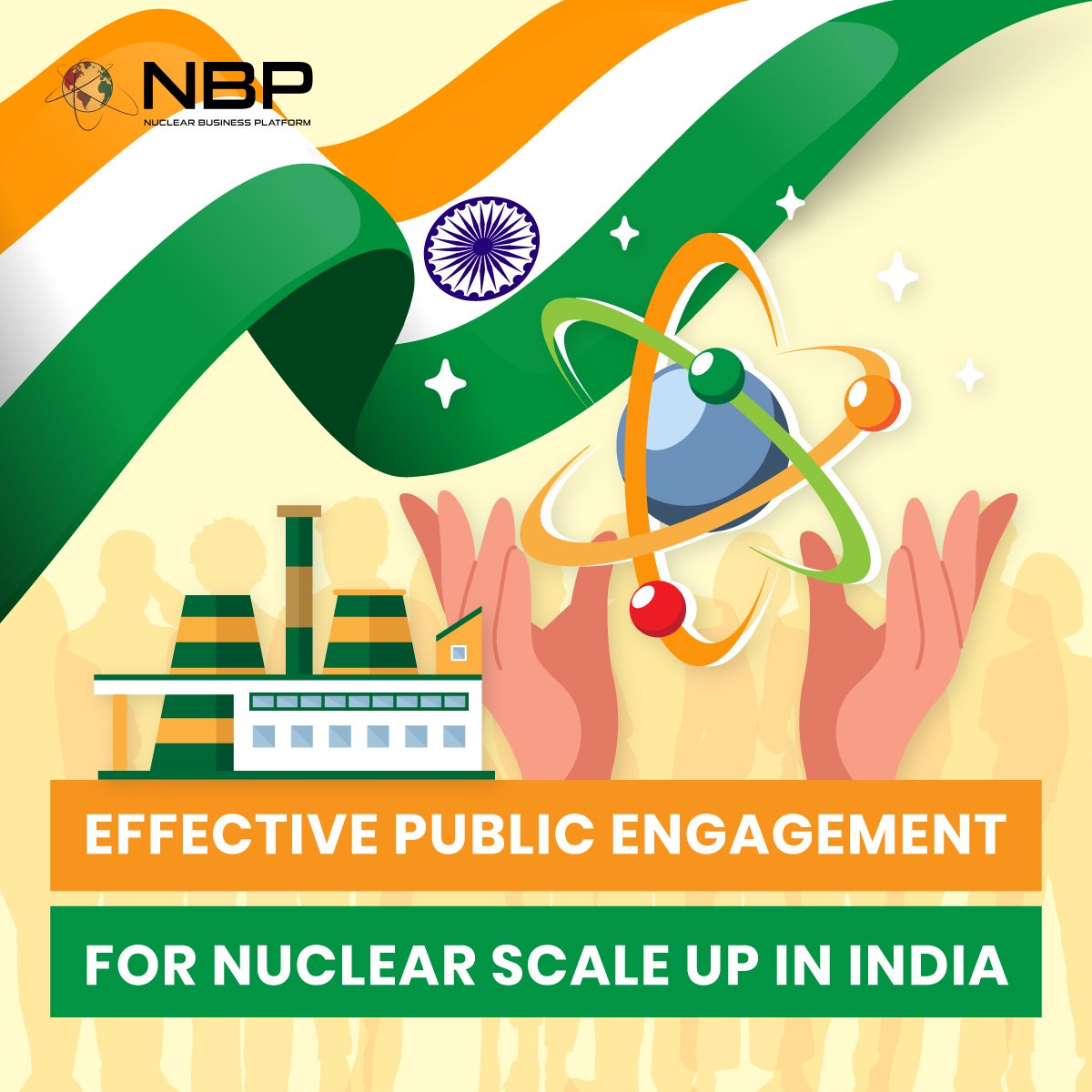
Effective Public Engagement for Nuclear Scale up in India
Successful public engagement is essential for India, given its plans to incorporate 18 additional nuclear power reactors. These reactors, with a combined capacity of 13,800 MWe, aim to elevate the total contribution of atomic power in the energy mix to 22,480 MWe by 2031-32.

Nuclear Workforce Advancement in East Africa: Opportunities for Global Collaboration
The energy landscape in Africa is undergoing a transformative phase, with an emphasis on incorporating nuclear into the energy mix. Establishing a robust human resource infrastructure is crucial, given the unique requirements of the nuclear power industry. Specific characteristics of nuclear personnel, industry demands, and risks in financing pose challenges to human resource development.

Ghana’s Aspiration to be the West African Regional Hub for Nuclear Energy
Ghana is actively engaged in the integration of nuclear energy into its energy portfolio. The government has formulated the Ghana Nuclear Power Agenda, providing a roadmap for the establishment of the country's first nuclear power plant. The government's decision to commission a Nuclear Power Plant by the early 2030s reflects a significant stride toward realizing clean and reliable energy access.
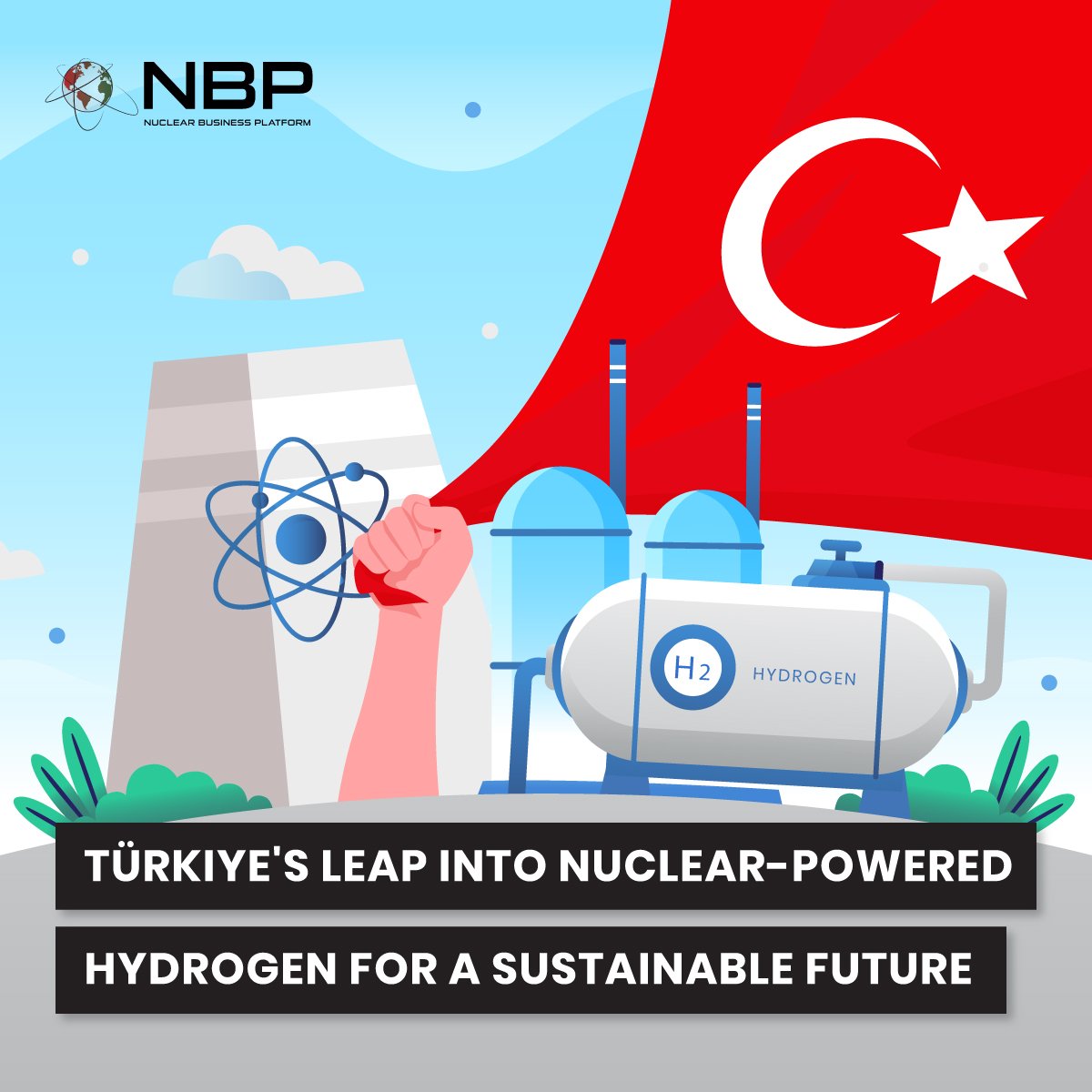
The Thrace Nuclear Power Plant and the Future of Türkiye
Türkiye is strategically positioning itself for a significant leap in its energy sector, envisioning a nuclear capacity of 10,000 MW by 2050 through forward-thinking plans. This ambitious trajectory is exemplified by the decision to construct a second and third nuclear power plant in the Sinop and Thrace region, underscoring its pivotal role in Türkiye's energy strategy.
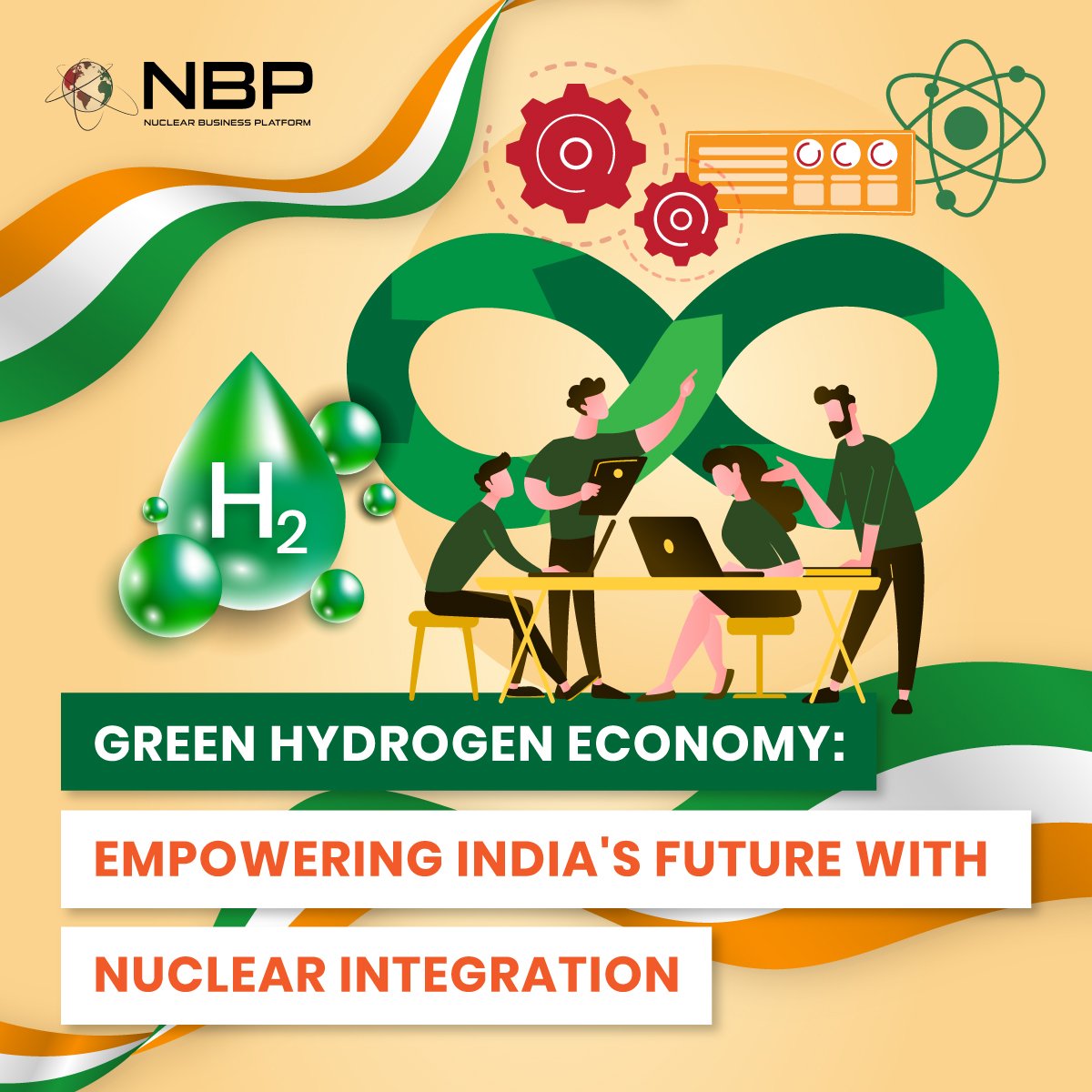
Green Hydrogen Economy: Empowering India's Future with Nuclear Integration
India's ambition to achieve Net Zero emissions by 2070 necessitates a transition to sustainable technologies. With over 40% of primary energy needs imported annually there is a compelling need to reduce reliance on fossil fuels, particularly in sectors like mobility and industrial production. In response to this challenge, the National Green Hydrogen Mission outlines a comprehensive plan to establish a Green Hydrogen ecosystem, capitalizing on India's renewable energy and land resources. As global demand for Green Hydrogen and its derivatives rises in the pursuit of Net Zero, India has a unique opportunity to position itself as a leading producer and exporter.

Business Implications of Public Engagement in Africa’s Nuclear Sector
As African countries approach the prospect of adopting nuclear energy to fuel their growing economies, the role of public engagement and outreach programs in the nuclear energy sector becomes increasingly crucial. These initiatives serve as a vital conduit connecting the scientific community, policymakers, and the public, in order to facilitate essential dialogue for the advancement and acceptance of nuclear energy.

High Growth Prospects for Clean Hydrogen in India
India stands at the forefront of nuclear-powered green hydrogen generation, leveraging its abundant renewable energy resources and robust domestic manufacturing capabilities. The country's strategic position allows for substantial exploration and investment in green hydrogen, potentially revolutionizing its energy landscape. With a significant dependence on crude oil and coal imports, accounting for approximately 80% and 20% respectively, India sees green hydrogen as a promising indigenous and virtually limitless energy source that could significantly reduce reliance on traditional fossil fuels.
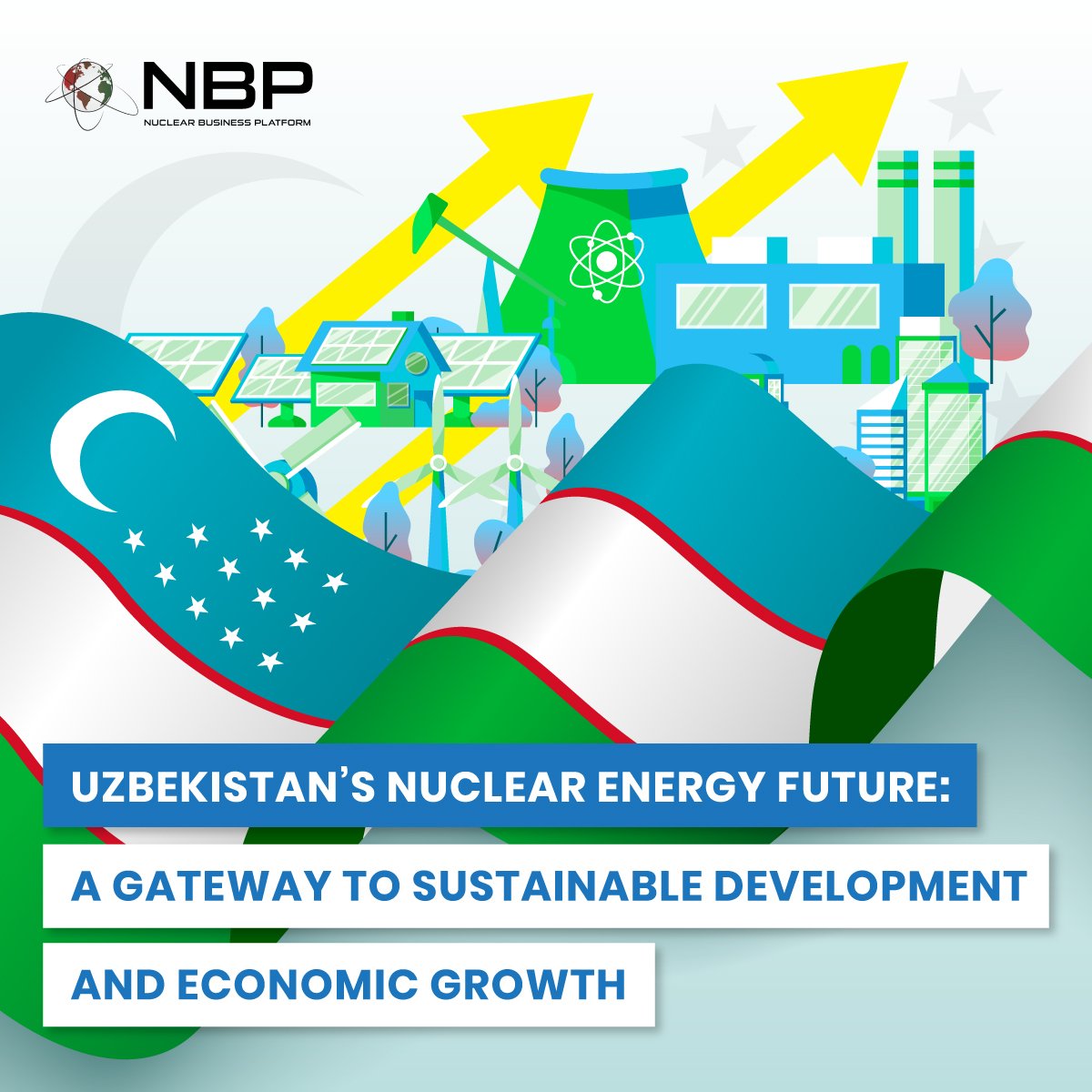
Uzbekistan’s Nuclear Energy Future: A Gateway to Sustainable Development and Economic Growth
Uzbekistan has experienced a steady increase in electricity production, recording a 27% surge since 2008. Anticipating the expansion of both the economy and population, electricity demand is projected to escalate by 50% by 2030. To keep up with the energy demand, the development of nuclear power plants emerges as a viable option for Uzbekistan to secure a reliable source of baseload electricity.

Kenya's Nuclear Future: Opportunities for Global Collaboration in Human Resource Development
Kenya is actively advancing its human resources, education, training, and research capabilities. Currently positioned at Phase 2 of the IAEA milestone approach, Kenya aims to have nuclear power by 2031, commencing construction in 2027.
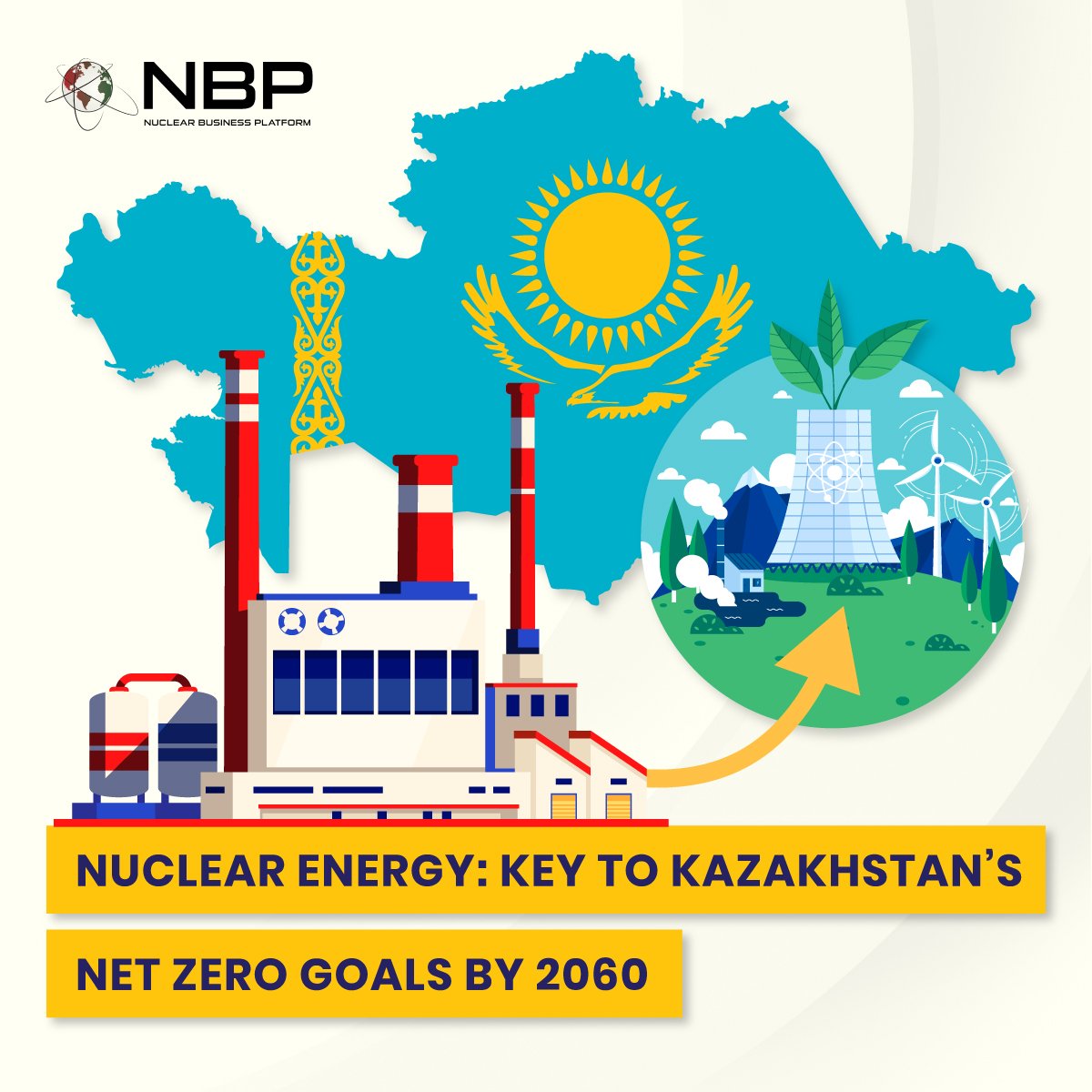
Nuclear Energy: Key to Kazakhstan’s net zero Goals by 2060
Kazakhstan, positioned as the world's leading uranium producer, is embarking on a strategic pivot towards nuclear energy, driven primarily by imperatives for energy security. Beyond mere economic ambition, this transition represents a proactive stance against future energy uncertainties.

Nuclear Power in Africa: Managing Waste and Seizing the Billion Dollar Industry Opportunity
The responsible handling of nuclear waste emerges as a critical consideration that requires early attention for countries planning for new nuclear programs. As 21 African nations explore the possibilities of nuclear power, it is crucial to emphasize the need to incorporate nuclear waste management considerations from the inception of these programs.
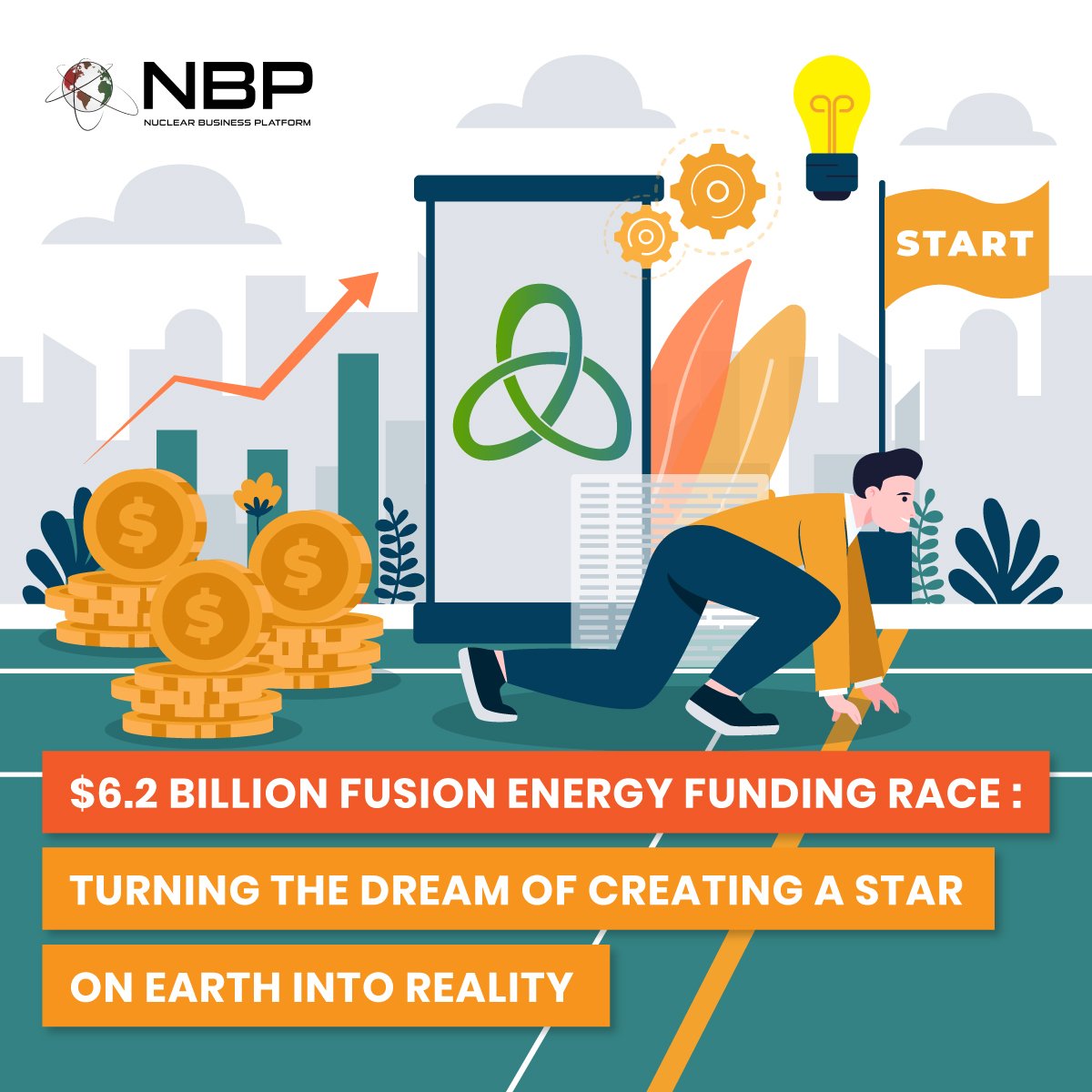
$6.2 Billion Fusion Energy Funding Race : Turning the Dream of Creating a Star on Earth into Reality
There is currently a global race to both develop and eventually commercialize fusion (by 2030s) as a carbon-free, safe, and virtually unlimited energy source. To date, more than 35 private fusion companies have collectively raised over $2.4 bn. Additionally, governments around the world have committed public funds, bringing the total investment in fusion to over $6.2 bn.

Advancements in African Nuclear Energy: A Comprehensive Overview of 2024 Developments
The year 2023 proved to be a remarkable period for nuclear energy in Africa, witnessing substantial progress in tackling energy crises, advancing sustainable development goals, and making significant contributions to global initiatives aimed at combating climate change. In this article, we aim to comprehensively explore the noteworthy recent developments unfolding in the nuclear landscape of African countries throughout the preceding years. Moreover, we will turn our gaze toward the horizon of 2024, a year poised to play a pivotal role in shaping the trajectory of nuclear expansion across the continent. As we navigate the unfolding narrative, it becomes evident that 2024 holds substantial significance for the African nuclear landscape, with key expectations and milestones set to mark this critical juncture.
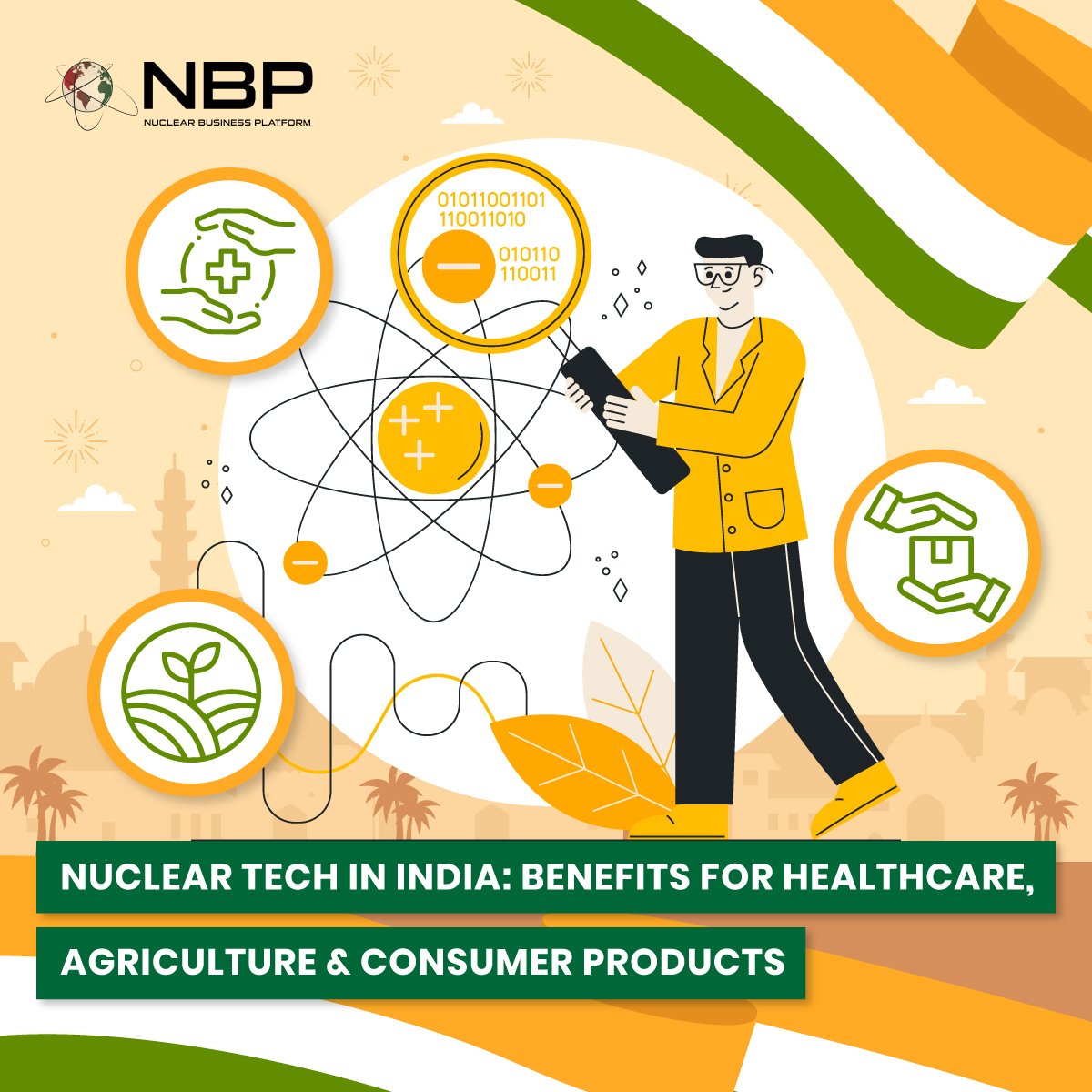
Nuclear Tech in India: Benefits for Healthcare, Agriculture & Consumer Products
Nuclear technology has a symbiotic relationship with various sectors of healthcare, agriculture, and consumer products in the Indian context. With a spotlight on nuclear medicine, agricultural advancements, and radioisotope-integrated consumer products, it aims to illuminate the multifaceted applications of nuclear energy and the opportunities it presents for international companies entering the Indian market.

Türkiye's Leap into Nuclear-Powered Hydrogen for a Sustainable Future
In the ever-evolving landscape of global hydrogen demand, the role of nuclear energy has emerged as a strategic imperative for sustainable and low-emission production. Globally there is a surge in hydrogen use, projecting an upward trajectory driven by industry, refining, and transport. The Turkish Energy, Nuclear and Mining Research Institute has embarked on innovative initiatives for green hydrogen production.

South Africa's Strategic Initiatives for Sustainable Energy Development
In pursuit of a resilient and sustainable energy future, the South African government has embarked on an extensive array of strategic initiatives and policies aimed at fortifying its nuclear energy sector.
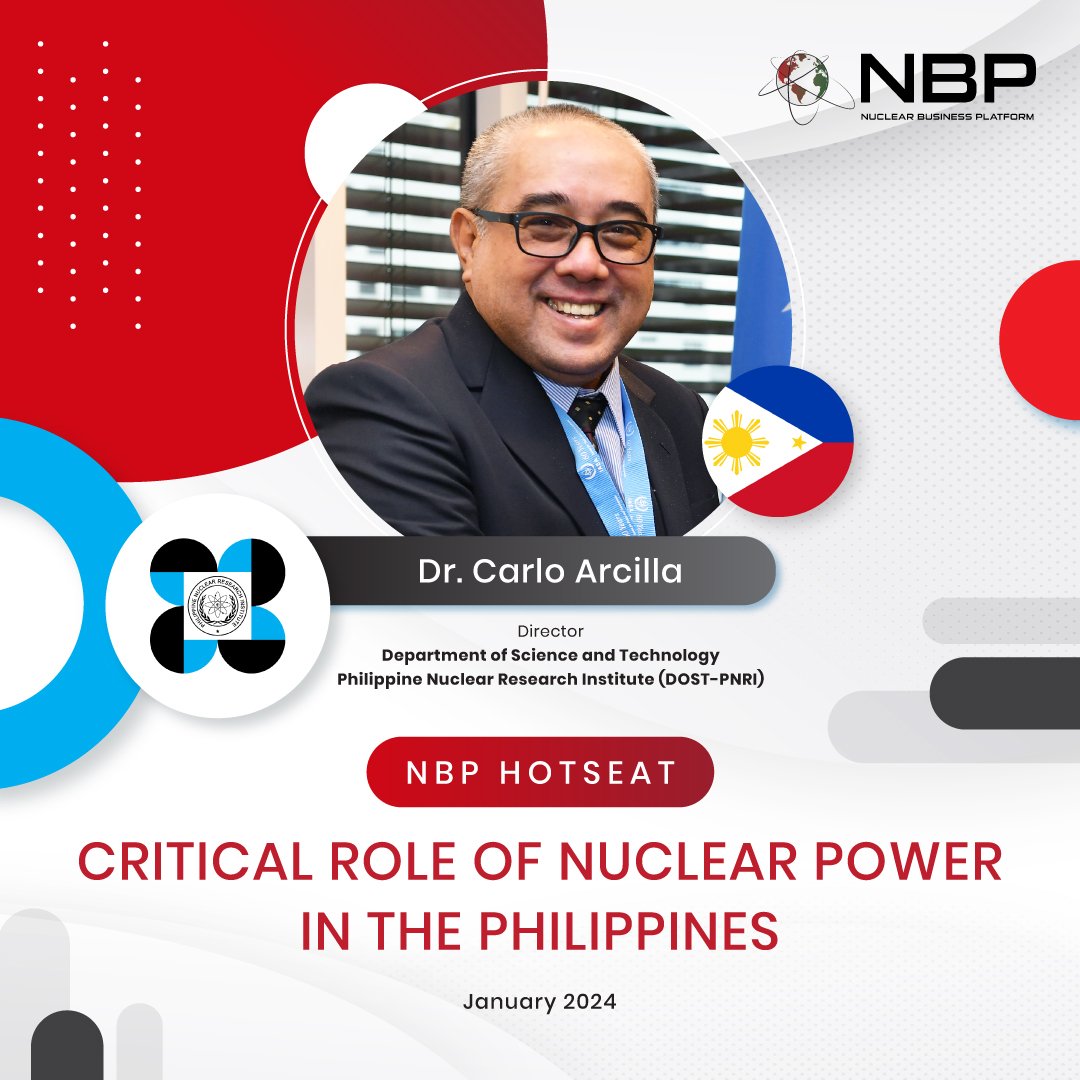
The Critical Role of Nuclear Power For The Philippines
The development of nuclear power in the Philippines is a pressing national priority. With electricity rates among the highest in Southeast Asia, nuclear energy offers a reliable and cost-effective solution to the country's energy challenges. President Ferdinand Marcos Jr. has consistently advocated nuclear power as a way to provide affordable electricity to Filipino households and businesses.
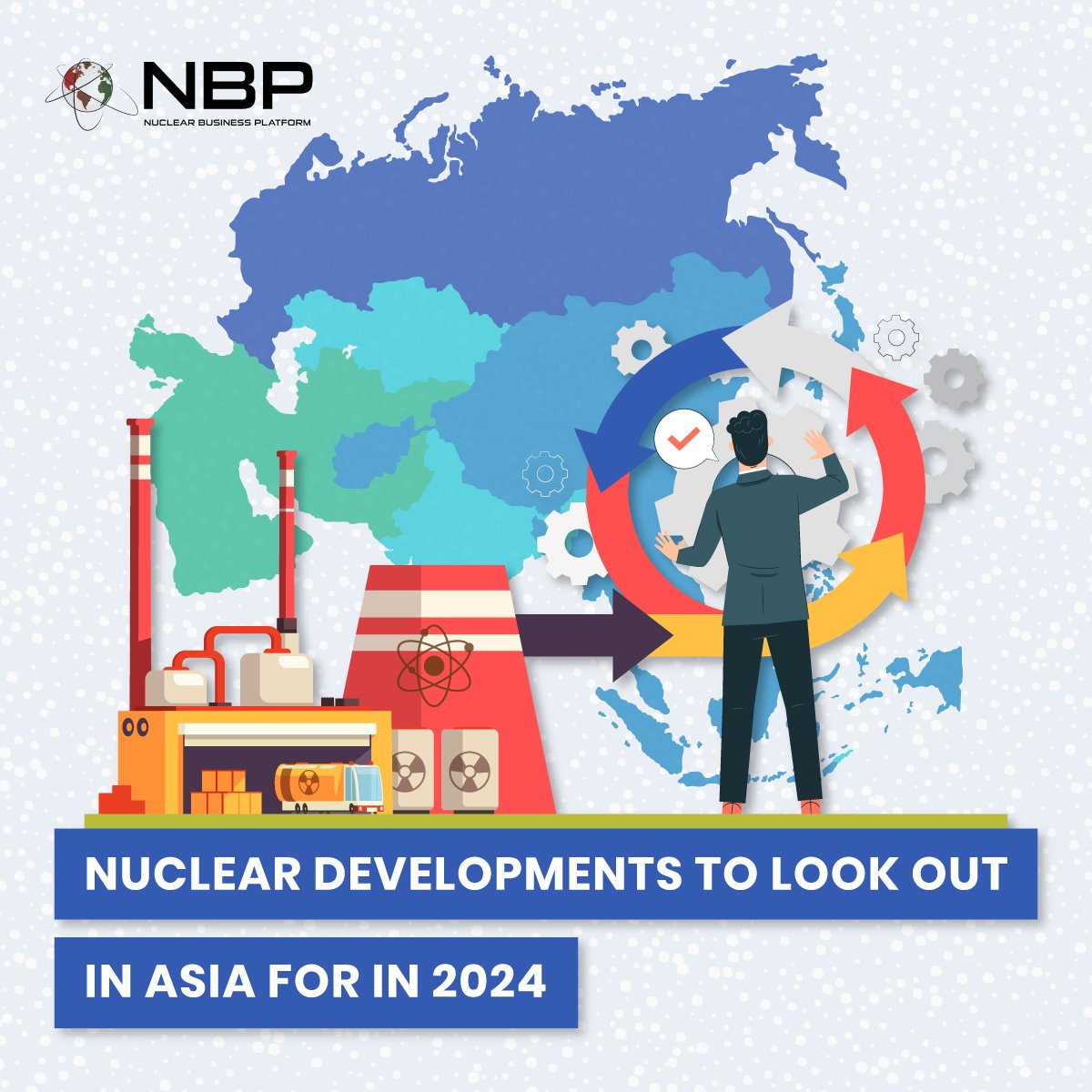
Nuclear Developments To Look Out in Asia For in 2024
Asia is a continent that has been at the forefront of nuclear energy development for several decades. With the world’s largest population and a rapidly growing economy, Asia’s energy needs are expected to increase significantly in the coming years. As we enter 2024, several countries in Asia are poised to make significant strides in nuclear energy development. What are some of the key nuclear developments to look out for in Asia in 2024?
